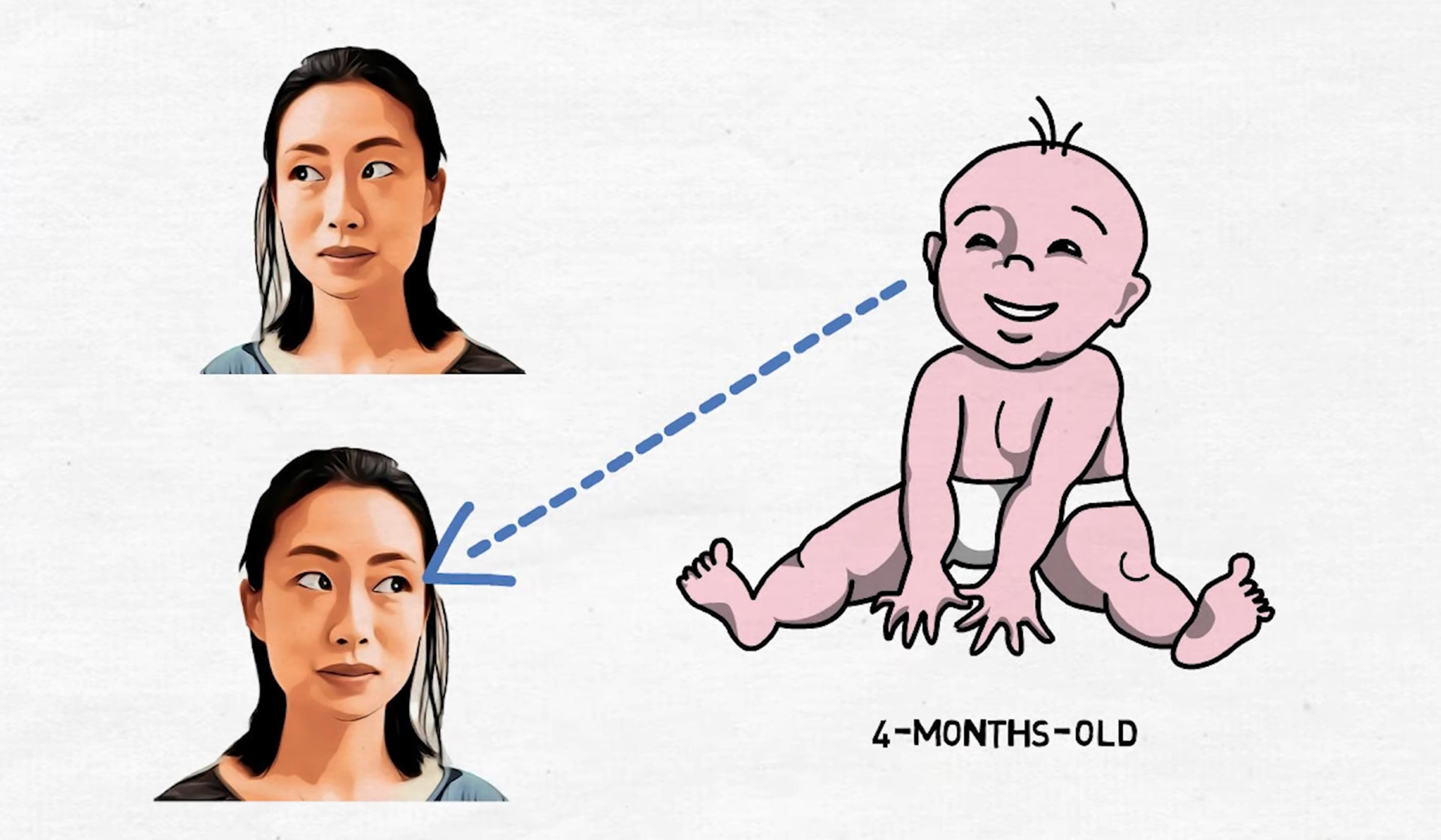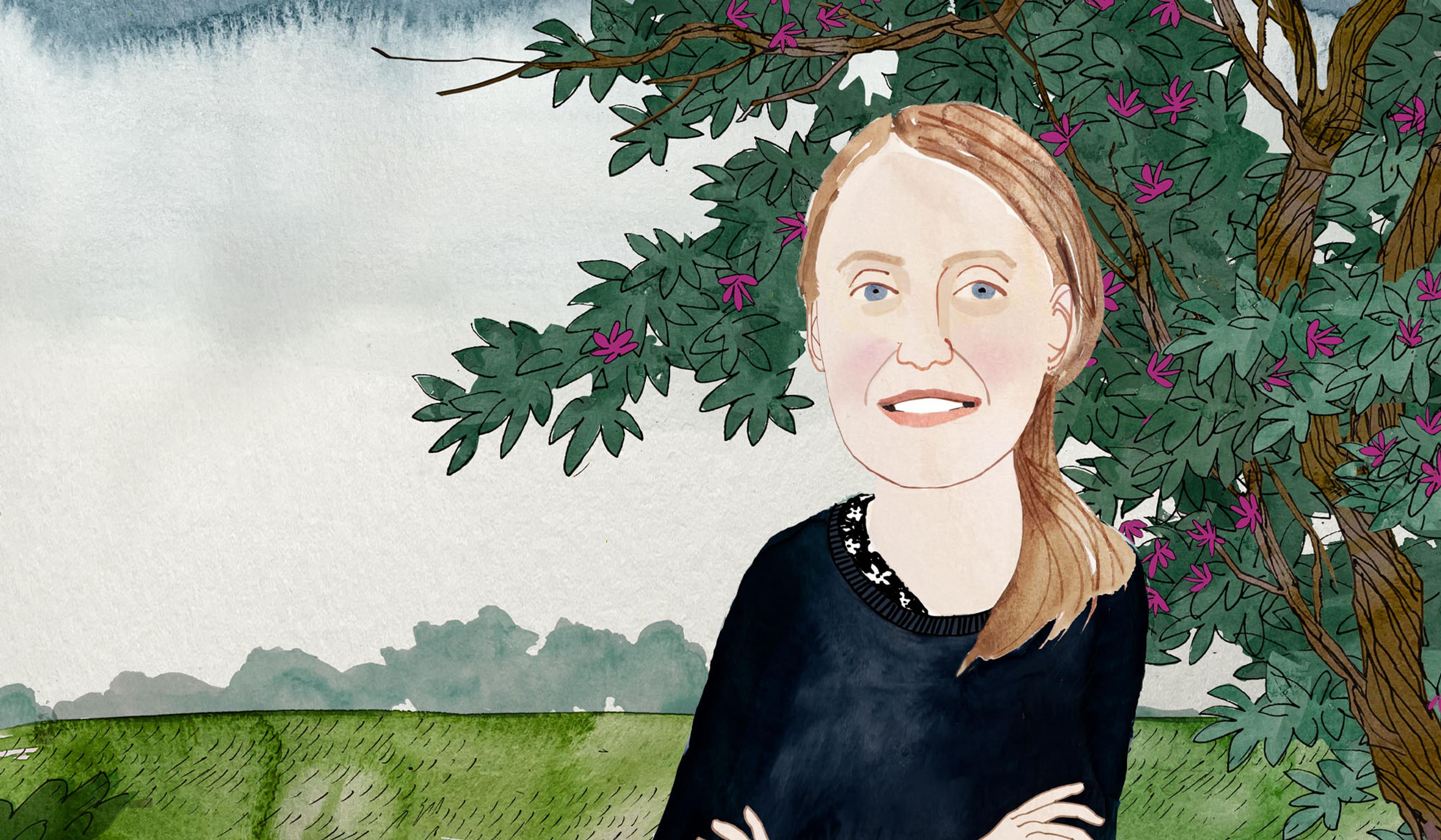‘Folk psychology’ refers to the notion that humans can explain and predict the mental states of themselves and others. For most people, the idea that we can ‘mind-read’ in this way is so engrained in our experience of the world that we take it for granted. For example, if someone reaches for then begins to eat a doughnut, we might assume that they possess the mental states of hunger and desire for food. And if we were reaching for a doughnut to eat, we would likely attribute those same mental states to ourselves. As obvious as these conclusions may seem, and as necessary as folk psychology may be for moving through everyday life, some neuroscientists, psychologists and philosophers argue that it’s an inadequate and antiquated framework for understanding human behaviour. This animation from Wireless Philosophy offers a short primer on a radical theory known as ‘eliminative materialism’, which posits that, just as modern biochemistry has no need for spirits, a modern scientific framework for understanding human behaviour should move beyond such immaterial concepts as ‘desire’ and ‘belief’.
Do we have good reasons to believe in beliefs? A radical philosophy of mind says no
Video by Wireless Philosophy

videoPhilosophy of mind
Embodied cognition seems intuitive, but philosophy can push it to some strange places
14 minutes

videoPhilosophy of mind
Forget babbling and toddling – mindreading is babies’ most incredible skill
7 minutes

videoPhilosophy of mind
It’s easy to get caught up in constructing our selves, but what does it cost us?
3 minutes

videoNeuroscience
What will we do when neuroimaging allows us to reconstruct dreams and memories?
4 minutes

videoPhilosophy of mind
Can we really make conscious decisions, or is agency just a trick of the brain?
2 minutes

videoPhilosophy of mind
If you knew everything, could you predict anything? A thought experiment
8 minutes

videoNeuroscience
Aristotle was wrong and so are we: there are far more than five senses
6 minutes

videoHistory of science
The ‘dangerous nonsense’ of phrenology shows how pseudoscience takes hold
4 minutes

videoCognition and intelligence
How a ‘periodic table’ of animal intelligence could help to root out human bias
5 minutes